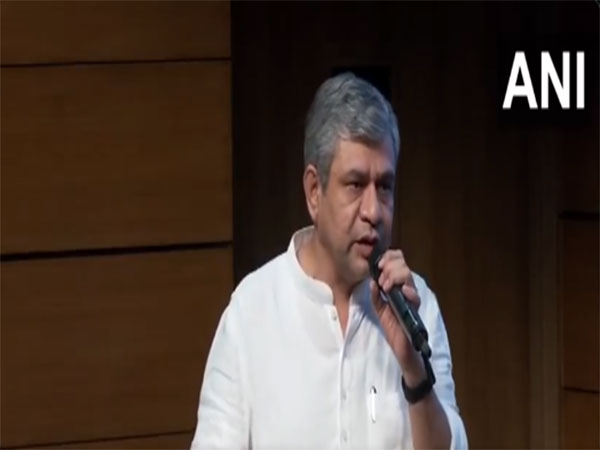Cabinet Approves Classical Language Status for Indian Languages
The Union Cabinet has granted classical language status to Marathi, Pali, Prakrit, Assamese, and Bengali, expanding on a 2004 initiative. This designation recognizes languages of antiquity with valuable literature. The move aims to boost cultural and academic opportunities while preserving India's rich linguistic heritage.

- Country:
- India
In a significant move, the Union Cabinet has approved the status of classical language for five Indian languages: Marathi, Pali, Prakrit, Assamese, and Bengali. This decision marks an extension of India's initiative that began in 2004 to recognize languages with ancient origins and rich literary heritages.
The conferment process, guided by the Linguistic Experts Committee (LEC) under Sahitya Akademi, involves strict criteria. Languages must have historic texts dating back over a thousand years and should possess a body of original literature considered a cultural treasure. Prior to this, Tamil, Sanskrit, Telugu, Kannada, Malayalam, and Odia had already enjoyed this revered status.
Beyond cultural pride, conferring classical status also opens up new opportunities for employment, particularly in academia and research. Moreover, it aids in preserving linguistic diversity through awards, translation programs, and digitization efforts. These initiatives signify India's commitment to maintaining and celebrating its rich linguistic and cultural tapestry.
(With inputs from agencies.)
ALSO READ
Union Cabinet gives nod to 26.46-km Rithala-Kundli corridor of Delhi Metro to enhance connectivity to Haryana: Ashwini Vaishnaw.
Union Cabinet approves opening of 85 new Kendriya Vidyalayas, 28 new Navodaya Vidyalays: Union Minister Ashwini Vaishnaw.
Content vs. Casting: The Duel Defining Film Success in Bengali Cinema
"Every Indian should welcome this decision": Anil Vij after Union Cabinet approves 'One Nation One Election'
Union Cabinet Greenlights 'One Nation, One Election' Bill










